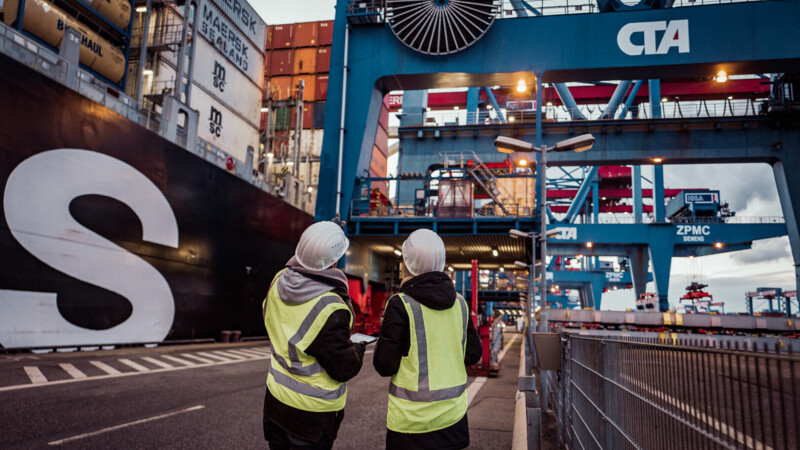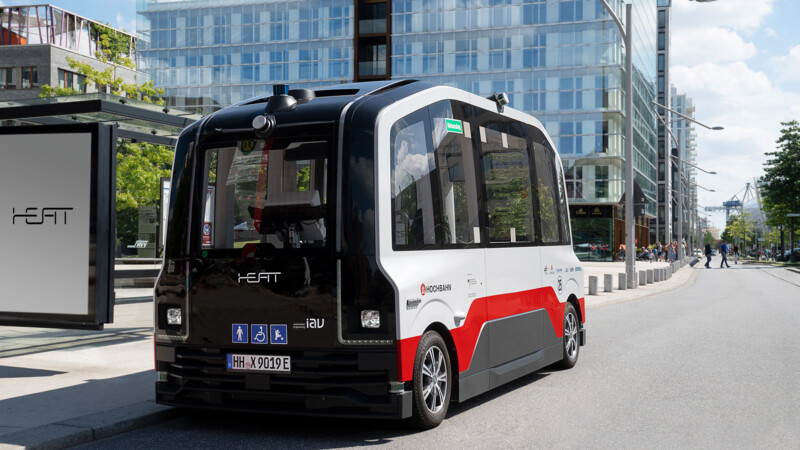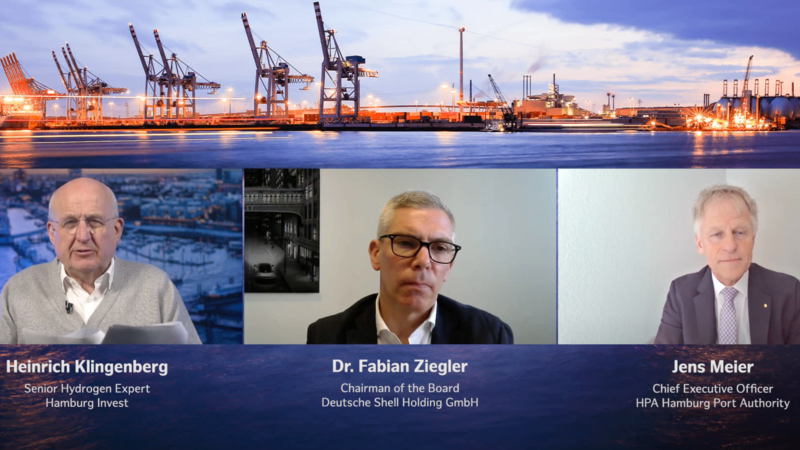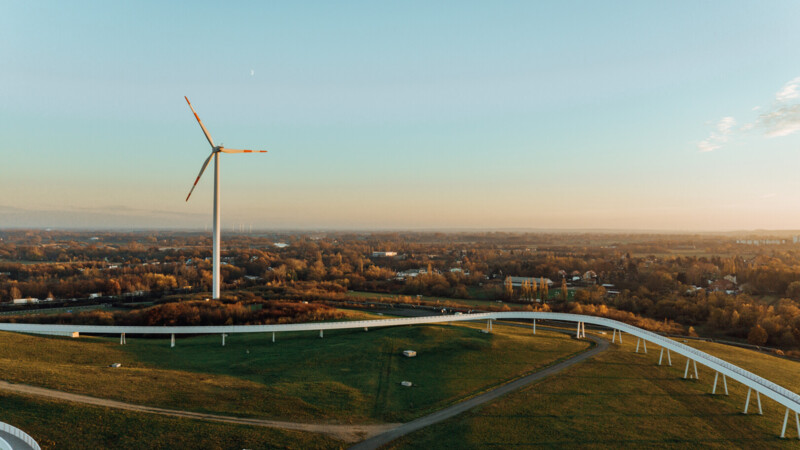Both fleets will be converted to zero-emission drives before the end of this decade, thereby reducing CO2 emissions in Hamburg by around 113,000 tonnes per annum. The use of an articulated electric bus alone saves an average of around 80 tonnes of CO2 annually compared to a diesel-powered bus. The transport companies have opted for articulate eCitaro G buses by Daimler Buses. The buses are 18 metres in length and provide space for 122 passengers including the driver, of which 38 are seated and 84 standing. By comparison, the battery buses used so far are 12 metres in length and offer space for 70 passengers while conventional articulated diesel buses have 33 seats and 116 standing places.
Hamburger Hochbahn (Hochbahn) and Verkehrsbetriebe Hamburg-Holstein (VHH) will have almost 200 climate-friendly buses including 94 e-buses by late 2021. Hochbahn will have 17 articulated and 29 solo buses while VHH will have 30 and 18 respectively. The e-articulated buses come after the companies previous ordered e-solo buses. The companies have ordered only buses with zero-emission drives since 2020.
113,000 tonnes of CO2 savings in bus transport
Range of just under 200 kilometres
The new e-buses will replace diesel vehicles on the Metrobus routes with high passenger volumes. The manufacturer has guaranteed a range just under 200 kilometres depending on the operating conditions. The eCitaro Gs have solid-state batteries, which have a high energy density and long service life. A total of seven battery packs with 441 kilowatt hours have been installed and can be charged at night in the depot.
cb/pb
Sources and further information
More
Similar articles

German Maritime Centre focusing on four fields of action

HEY/HAMBURG 2021 rethinking mobility

Future Hamburg Talk: Importing green hydrogen
